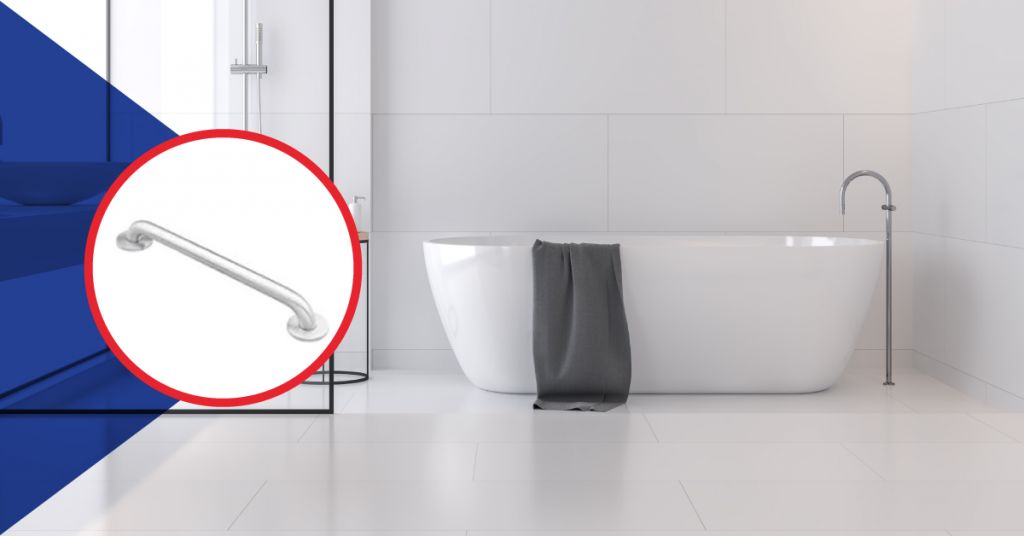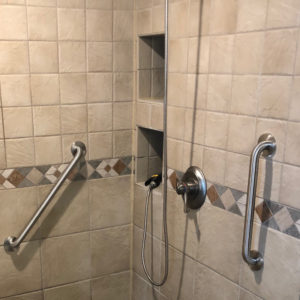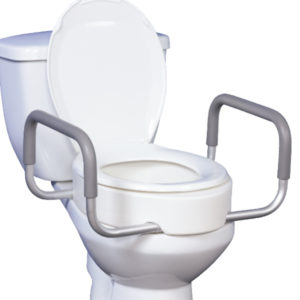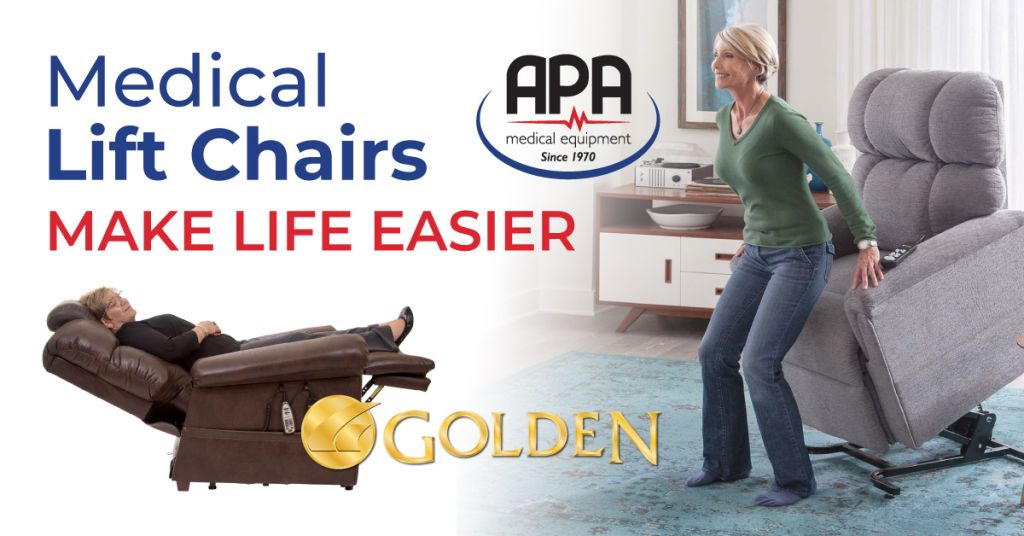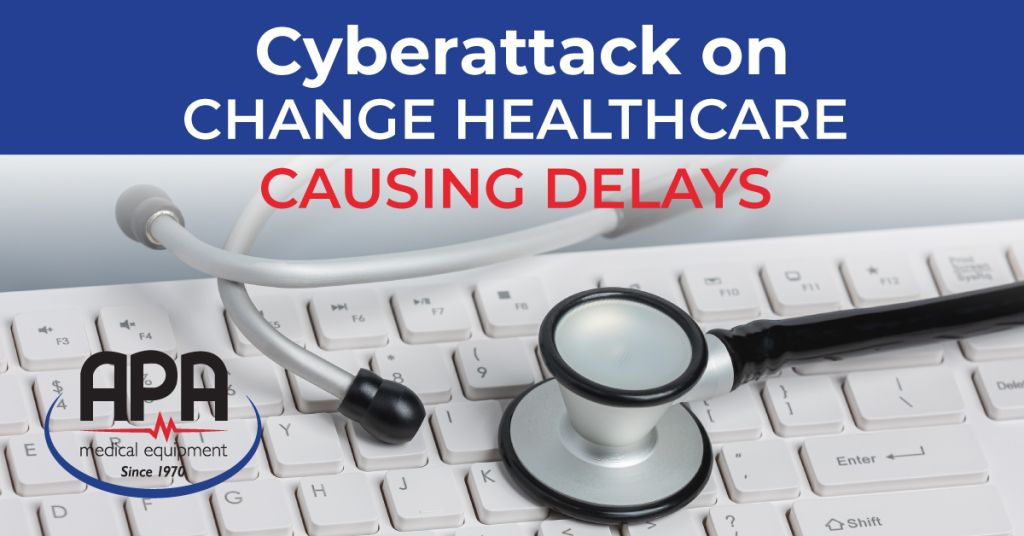If you are worried about falling at home, there are some things you can do to help prevent falls.
Of people 65 and older, 30% of people fall each year, while that number rises to 50% for those age 80 and older. According to the CDC, over 35 million older adults fall each year, with more than one third of people 65 and older falling each year. These stats are rising as more boomers are hitting their 70s, and it’s very concerning as 20 percent of falls cause serious injury, such as head injuries or broken bones. More than 95 percent of hip injuries are caused by falls.
Each year over three million seniors go to emergency rooms because of injuries suffered in a fall, and over 25,000 die each year from a fall.
One of the best ways to prevent falls is to stay active and exercise regularly. This helps maintain your strength, balance, and coordination. Tai chi and yoga are two examples of exercises that can help improve balance and reduce the risk of falls.
If you have a chronic medical condition, such as diabetes or arthritis, talk to your doctor about ways to manage your condition and help prevent falls. For example, if you have diabetes, you will need to monitor your blood sugar levels closely and take steps to prevent low blood sugar levels, which can cause dizziness and increase the risk of falls.
So How to Prevent Falls at Home?
There are a few key things you can do to help prevent falls in your home. First, take an assessment of your risk factors. Age, mobility issues, poor eyesight, and cognitive impairments can all put you at a higher risk for falling. If you have any of these risk factors, it’s important to take extra precautions in your home.
Second, make sure your home is safe and free from hazards. Remove any tripping hazards, such as loose rugs or electrical cords, and keep your walkways well-lit. Declutter often to make sure there are as few obstacles as possible to have to navigate around the house. Also, make sure all flooring is in good condition and that handrails are installed where needed.
Third, stay active and exercise regularly. This will help improve your balance and muscle strength, which can help prevent falls.
Finally, talk to your doctor about fall prevention. They may recommend medications or supplements to help improve your balance and coordination. They may also suggest a referral to a physical therapist to help you develop an exercise program that is tailored to your needs.
By following these tips, you can help prevent falls at home and keep yourself safe.
Home Modifications to Prevent Falls at Home
Falls are a leading cause of injury for people of all ages and can lead to serious injuries such as broken bones and head trauma. As mentioned above, one of the most important things you can do is to make sure your home is well-lit, as poor lighting is a leading contributor to falls in the home.
Make sure all rooms are well-lit. Install higher wattage bulbs in hallways, stairways, and bathrooms. Consider adding motion-sensor lights as well to help illuminate dark areas. Use nightlights throughout the house so that there’s always a source of light if someone needs to get up in the middle of the night. Add reflectors to doors and windows so that natural light can enter the home more easily. Install handrails on all staircases, and make sure they’re properly lit so you can see each step clearly. Avoid using extension cords, which can create trip hazards. If you need to use them, make sure they’re placed in an area where they won’t be a tripping hazard.
Grab Bars
One of the best ways to prevent falls at home is to install grab bars. Grab bars provide support and stability when getting in and out of the shower or bath, or when using the toilet. They can also help you keep your balance when moving around your home.
In the bathroom, install grab bars near the toilet and in the shower or tub. You might also consider installing a raised toilet seat, which can make it easier to get on and off. In the kitchen, make sure there is plenty of counter space so you can reach items without having to stand on a stool. Outside your home, install hand railings on your steps to make it easier to get up and down.
Have an Emergency Plan in Place
If you do fall, it’s important to have an emergency plan in place so someone can help you. Keep a list of emergency numbers near the phone and let your family or roommates know what to do if you fall. APA Medical offers the Guardian Alert 911 and the Freedom Alert. The Guardian Alert 911 the simplest way to call 911 when you have an emergency in or around your home. The Guardian Alert works with your existing telephone and there are never any additional service fees. The Freedom Alert calls Friends & Family (up to 4 numbers) and/or 911* FreedomAlert is the world’s first programmable two-way voice pendant communicator with no monthly fees. Personal security has never been so small or affordable.
With a little bit of preparation, you can help prevent falls and keep yourself safe, and if you do fall, the faster you get emergency help, the better off you’ll be.
Keep Necessary Items at an Easy Reach to Prevent Falls at Home
There are many ways to prevent falls at home. One way is to keep necessary items within easy reach. This includes things like a phone, remote control, water glass, tissues, and medications. Having these items within reach will help you avoid having to get up and down frequently, which can reduce your risk of falling.
In addition to keeping your items in easy to reach locations, you should also make sure it is free of clutter. Clutter can create tripping hazards, so be sure to keep your floors clear of items like newspapers, magazines, shoes, and toys.
Making some simple changes in your home can help reduce your risk of falling. However, if you have already fallen, it is important to seek medical attention right away. Falls can cause serious injuries, such as broken bones or head injuries, and prompt treatment is essential.
If you are concerned about falling, talk to your doctor. He or she can assess your risk and make further recommendations for how to prevent falls in your home.
